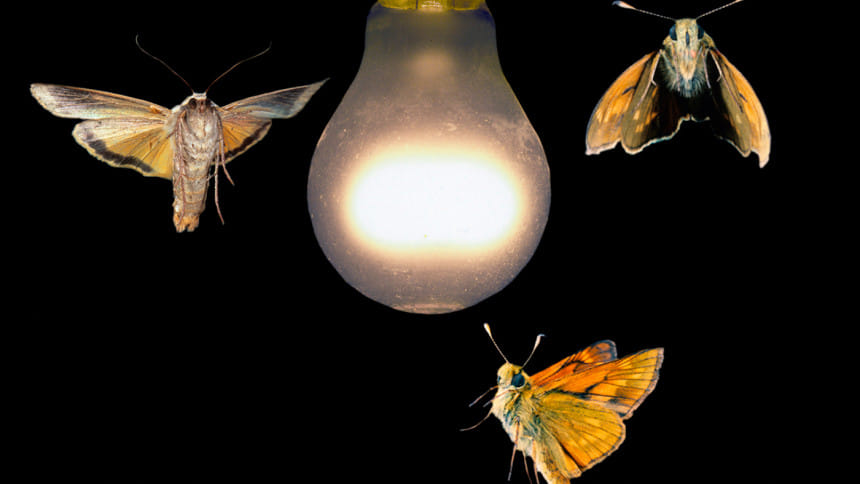Genetically modified moth offers pest control hope

Scientists in Britain say they have developed a way of genetically modifying and controlling an invasive species of moth that causes serious pest damage to cabbages, kale, canola and other similar crops worldwide.
In what they said could be a pesticide-free and environmentally-friendly way to control insect pests, the scientists, from the Oxford University spinout company Oxitec, developed diamondback moths with a "self-limiting gene" which dramatically reduced populations in greenhouse trials.
The self-limiting gene technique has already been tested against dengue fever-carrying mosquitoes, cutting their populations by over 90 percent in trials in Brazil, Panama and the Cayman Islands.
"This research is opening new doors for the future of farming with pest control methods that are non-toxic and pesticide-free," said Neil Morrison, an Oxitec research scientist who led the study.
According to the researchers, whose work was published in the journal BioMed Central Biology, the struggle with diamondback moths in cruciferous vegetable production costs farmers around the world up to $5 billion a year.
Tony Shelton, an entomology professor at Cornell University in the United States who worked with Morrison, said neither conventional nor organic pesticides can control the moths.
"Diamondback is a serious problem for farmers in New York State and around the world – anywhere cruciferous vegetables and field crops are grown," he said. "These moths invade and attack the crops, and they are developing resistance to insecticides, so we urgently need new tools to better control them."
The researchers genetically engineered male moths that can mate just as well as the non-GM insects, but only produce male offspring. In greenhouse trials, releasing the GM moths into the population resulted in a crash in moth numbers within eight weeks.
The scientists said that unlike insecticides, which can affect a range of insects including bees, the genetic modification approach is purely species-specific, only affecting the targeted pest. The self-limiting gene is also non-toxic, so birds or other animals eating the moths get no harmful effects.
Independent experts welcomed Oxitec's success.
"If the results can be replicated in the field then it would represent a big step forward in eco-friendly ways of controlling insect disease and improving food production," said Johnjoe McFadden, a professor of molecular genetics at Britain's University of Surrey.
Shelton now plans follow-up studies to test the Oxitec moths under harsher, outdoor conditions in upstate New York.
These studies, already approved by the U.S. Department of Agriculture, will include field cage tests this summer, he said, with plans for small-scale field releases in future.

 For all latest news, follow The Daily Star's Google News channel.
For all latest news, follow The Daily Star's Google News channel. 



Comments